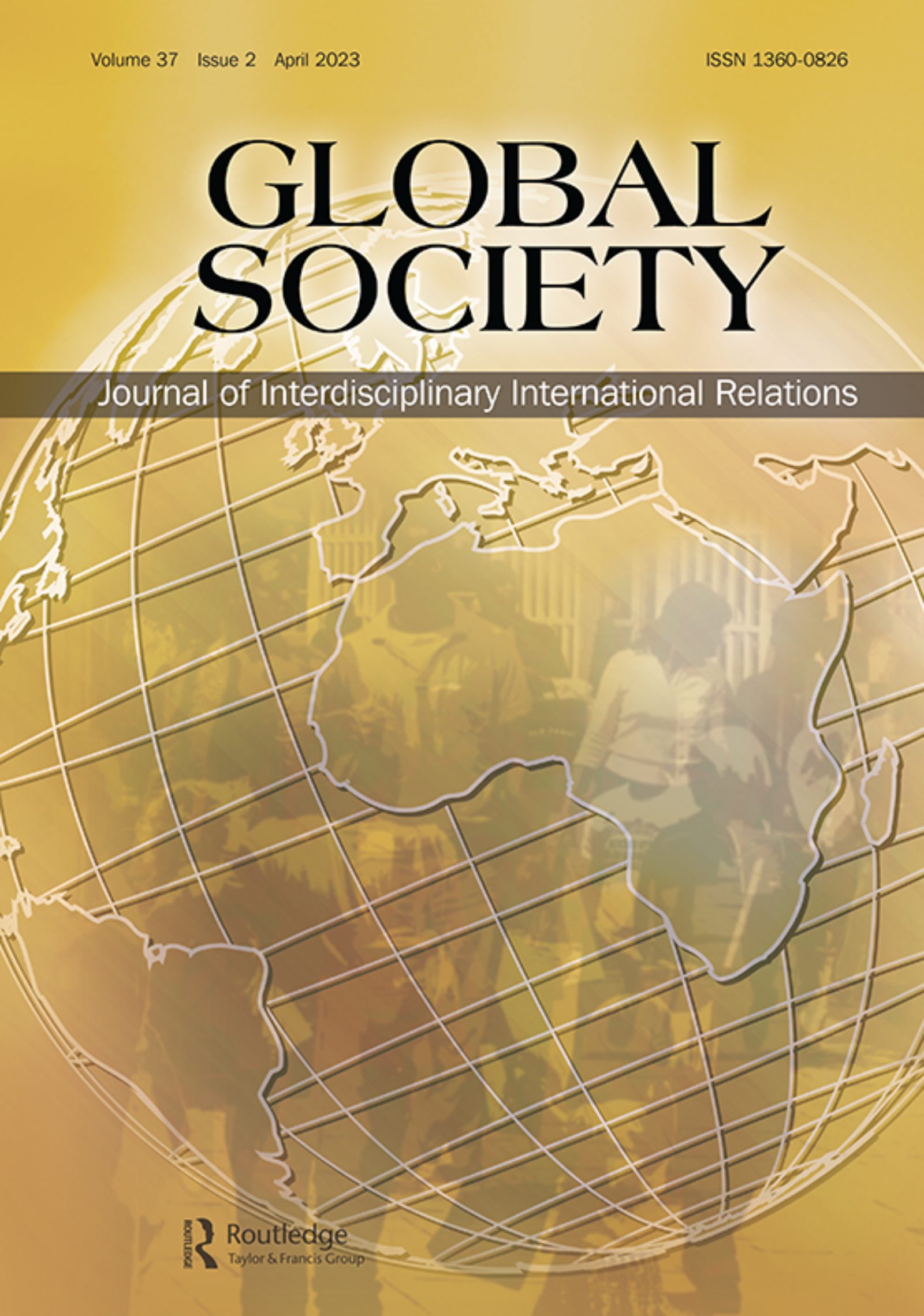“When Nationalism Encounters the COVID-19 Pandemic: Understanding Chinese Nationalism from Media Use and Media Trust” is an academic article by Chinese area studies scholar Dechun Zhang and Chinese literature scholar Yuji Xu that investigates the degree of trust that the Chinese public had in news media and social media, the usage of both types of media, and the relationship between trust and usage of news and social media and levels of nationalism during the early months of the COVID-19 pandemic. Nationalism refers to “individual loyalty and devotion to the nation-state” (Zhang and Xu 179) that is continuously reinforced by the state and shaped by public conformity. Scholars have supported the idea that Chinese news media aligns with and promotes Chinese state ideology, which was evident during the pandemic in their positively biased reporting of infection control efforts in China and China’s initiatives to distribute COVID-19 vaccines to other countries. Research on Chinese social media in 2020 showed the pandemic fostered distrust and criticism of the government and pro-government news media, but the atmosphere of tense international conflict enhanced Chinese nationalism. Despite the relatively less trust the public has in information on social media, social media platforms foster new forms of “banal nationalism,” or unconscious, everyday expressions of nationalism, such as in the form of posts containing emojis of the national flag, while the Chinese government censors politically sensitive topics on social media to ensure the prevalence of nationalistic sentiments.
The authors conducted an online survey with 669 participants to measure these three variables between February and April 2020. They found that respondents demonstrated high levels of nationalism, which was positively correlated to the consumption of nationalistic news media and social media content. A noteworthy finding was that respondents who trusted news media were also likely to have strong nationalistic attitudes if they consumed news media often. News media during the pandemic promoted banal nationalism by praising President Xi Jinping’s leadership in the anti-pandemic effort and reporting on daily happenings throughout the country, hence strengthening national cohesion and people’s sense of belonging to the nation.
Respondents considered traditional news media, including news on TV and newspapers, to be a more trustworthy source of COVID-19-related information than social media, but the authors noted that trust in news media was declining due to the liberalization of media through digital channels, giving rise to diverse opinions that both supported and criticized the government and allowing the public to challenge the credibility of news reports. Various government departments and agencies under the Communist Party of China (CPC) utilized social media to interact with the public, providing entertainment and relaying authoritative information about the pandemic, although many respondents expressed distrust in such content.
The study provides insight into the impact of state-backed and state-controlled news and social media on Chinese people, and their receptiveness to the narratives on these respective platforms. Traditional news media still plays an essential role in disseminating reliable information, especially in the unprecedented circumstances of the pandemic, despite the rapid growth of social media as a popular and easily accessible form of entertainment. The strong influence of the Chinese government on news media and increasingly social media fostered users’ pride and loyalty towards the nation.

Image Captions:
Cover image of Global Society, vol. 37, no. 2.Citation: Zhang, Dechun, and Yuji Xu. “When Nationalism Encounters the COVID-19 Pandemic: Understanding Chinese Nationalism from Media Use and Media Trust.” Global Society, vol. 37, no. 2, 13 July 2022, pp. 176–196. bit.ly/3Ldktlm, NON-FICTION, SCHOLARLY ARTICLE | CHINA. ll
Source Type: Scholarship on COVID-19 Studies
Country: China
Date: 13-Jul-2022
Keywords: Media Trust, Media Use, Nationalism, News Media, and Social Media